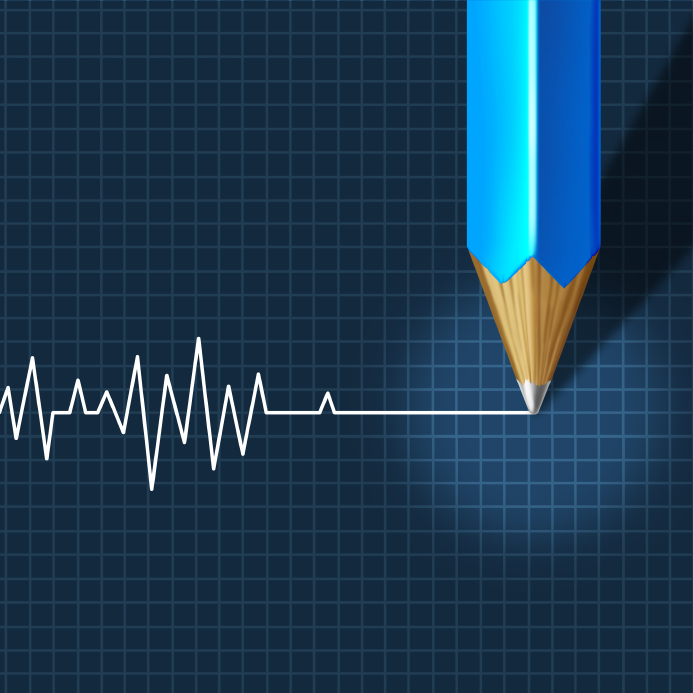On Thursday, 14 April, the Canadian Government led by Justin Trudeau proposed draft bill C-14 on “active assistance to die” for patients who are not necessarily at the end of their life but for whom “natural death” is “reasonably foreseeable”. This is an extremely long piece of draft legislation stipulating blurred-edge conditions, paving the way to both voluntary euthanasia and assisted suicide. Medical assistance to die is not only “the action whereby a practising doctor or nurse administers a substance to someone, who has requested it, and which will lead to that person’s death”, but also the action “of prescribing or supplying someone with a substance, who has requested it, to allow that person to administer it himself/herself and thereby cause his/her own death”. The provision will involve a change in the Criminal Code to “exempt health professionals such as doctors and nurses from accusations of assisted suicide or homicide”.
This federal bill does not mention a conscience clause for doctors or procedural controls.
Nurses are affected by the provision in the same way as doctors in that they can also make recommendations on assisted dying (see Canada: death on request for everyone?).
The draft bill does not extend to minors and persons with a mental disorder.
Doctors working in palliative care are worried. As far as they are concerned, “MPs should want to defend access to palliative care as much as they want to defend medically assisted dying”. The President of the Quebec Palliative Care Society is afraid that “those who are suffering will opt for medically assisted dying rather than appropriate end-of-life care”.
The Supreme Court has given the Government up until 6 June to adapt the Penal Code in line with the Canadian Charter of Rights and Freedoms. Parliament should therefore issue an announcement about this draft bill before then.
Radio Canada (16/04/2016) ; Le journal du Québec (14/04/2016) ; Alliance Vita (15/04/2016)

